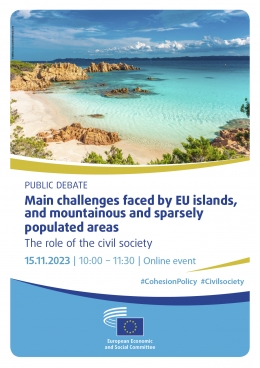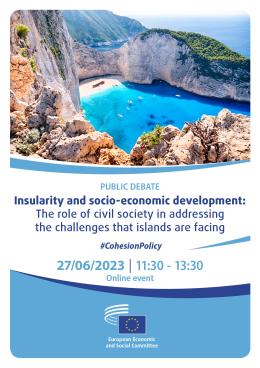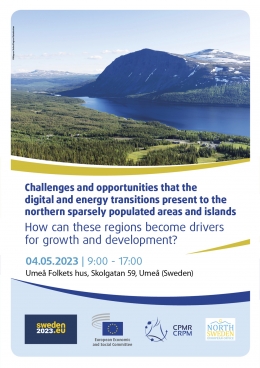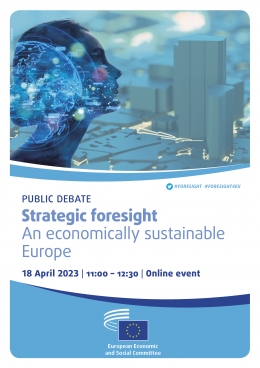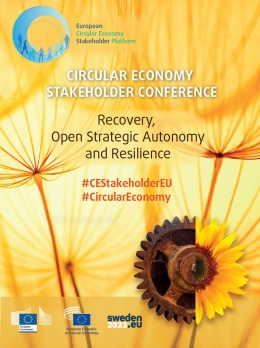European Economic
and Social Committee
Economia circolare
La transizione verso un'economia circolare è una delle priorità dell'agenda del CESE, in quanto rappresenta una soluzione per combattere la crisi climatica e proteggere il nostro pianeta. Si tratta di una grande opportunità per la società civile, poiché può contribuire a:
- aumentare la competitività dell'industria europea,
- promuovere una crescita economica sostenibile;
- creare nuovi posti di lavoro.
Il modello di produzione e consumo "prendi, produci, getta", che ancora oggi domina la nostra economia, non solo si traduce in uno spreco di risorse, ma compromette anche la lotta contro i cambiamenti climatici. A differenza dell'economia lineare, un'economia circolare è un progetto di rigenerazione e riparazione incentrato sulla creazione e il mantenimento del valore economico, che affronta sfide ambientali globali, quali i cambiamenti climatici, la perdita di biodiversità e l'inquinamento, e apporta nel contempo benefici economici.
La buona notizia è che la transizione circolare è già in atto sul campo. I portatori di interessi della società civile, tra cui le imprese, i sindacati, il mondo accademico e le comunità della conoscenza, le organizzazioni giovanili, le ONG e altri gruppi di interesse stanno creando e attuando molte iniziative circolari a livello locale e regionale. Catalizzare le soluzioni circolari e la leadership delle parti interessate rappresenta la migliore opportunità per l'Europa di accelerare la transizione verso un'economia circolare.
In quanto tale, la piattaforma europea delle parti interessate per l'economia circolare, un'iniziativa congiunta del CESE e della Commissione europea, è stata istituita nel 2017 per riunire la comunità dell'economia circolare in Europa. La piattaforma, guidata dalle parti interessate, sostiene la transizione dell'Europa verso un'economia circolare promuovendo il dialogo, la condivisione delle conoscenze e lo scambio delle buone pratiche.
